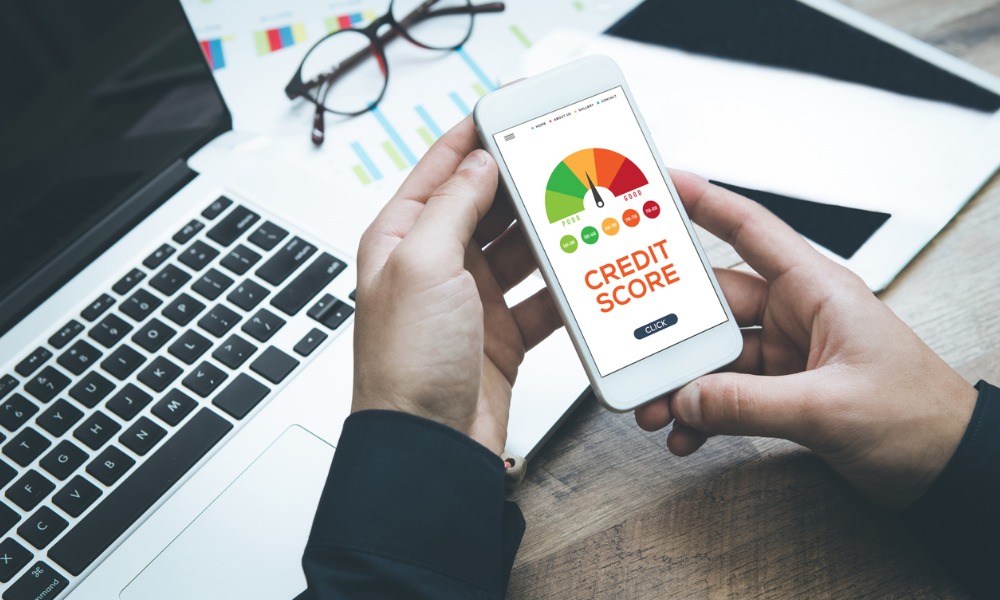Equipment finance or equipment leasing is a great way to acquire much-needed equipment for your business, whether you’re building it or expanding it. Can you still use equipment finance if you have a bad credit score? Can you get equipment finance for bad credit?
What credit score is needed for equipment finance?
When you apply for equipment finance or equipment leasing, most companies or financial institutions will measure your “creditworthiness” by looking at certain information, such as your credit score.
Credit scores are normally used by creditors (such as an equipment finance/leasing company) to measure whether a debtor (you, in this case) can pay off their debts or loans.
In addition to the credit score, the company you’re applying for may also look at the following, which is helpful if you’re a first-time debtor in a financial institution:
- annual income
- employment history
- credit history with other creditors
- properties that may be offered as collateral or security
Computation of credit score
There are a lot of factors that an equipment finance or equipment leasing company use to come up with your credit score. Depending on each company, they may also have credit criteria other than a credit score.
Some of the factors that come into play in computing a credit score include:
- Payment History: how timely or delinquent you are in paying off your previous credit accounts (e.g., bank loans, mortgages, credit cards, lines of credit, etc.). It also includes comparing your active credit and your delinquent credit accounts. This factor is the bulk in computing your credit score.
- Used Credit vs. Available Credit: how much of your available credit in your credit cards or in lines of credit is actively used. It also includes your total credit limit or your total line of credit. This factor weighs almost equally to Payment History in computing your credit score.
- Credit History: how you have handled your existing and open credit accounts. It includes how long your credit accounts have been existing and how long your oldest and most recent credit accounts have been open. This weighs relatively lower than the first two factors above.
- Public Records: this includes your overall financial history, such as bankruptcy and litigation history. Although Public Records (along with Inquiries) are the lowest among the other factors, negative Public Records will greatly impact a credit score.
- Inquiries: how many “hard pull” or “hard hit” inquiries have been in your credit score. This only pertains to those made in relation to active credit seeking. This factor is of equal weight to Public Records.
Minimum credit score
The minimum credit scores that companies and financial institutions rely on range from 600 to 650. Other lending institutions could go as low as 500. This means that you would have to check with your preferred lender on their specific credit score.
How do you know if you should go for equipment finance or equipment leasing? Watch this video for 3 factors to consider before you make that decision:
For detailed advice on equipment finance for bad credit, consult an asset equipment finance/leasing lawyer in your area. If you’re from Vancouver, reach out to any of the Lexpert-Ranked best asset equipment finance/leasing lawyer in British Columbia.
Can I get equipment finance for bad credit?
But how about if you have bad credit, or if you did not reach the credit score by your equipment finance/leasing company? Can you still get equipment finance for bad credit?
The answer is yes. But this will depend on a few factors and the company you’re applying with.
Equipment finance for bad credit applies to:
- starting businesses or business-owners with no credit score because they did not take out loans in the past
- businesses or business-owners who have bad credit
Below are some tips and other considerations to get equipment finance for bad credit. It’s also helpful to consult with a lawyer who is knowledgeable on asset equipment finance/leasing.
Factors other than credit score
Some equipment finance/leasing companies offer equipment finance for bad credit when it does not only rely on credit scores.
Here are some of the factors that these companies may look at aside from credit scores:
- Type of equipment to be financed or leased: cheaper equipment may be approved compared to expensive equipment. Second-hand or used equipment is also manageable for these companies compared to brand new equipment.
- Existence of applicant business: even though a business has bad credit, equipment finance may be granted if it has existed for a specified period set by your equipment finance/leasing company.
- Type of business of the applicant: businesses that have a higher success rate may be approved for equipment finance for bad credit, compared to businesses that have a lower success rate.
If you score low on some factors, you may still be approved if you have a higher score on other factors.
Use of security or collateral
If you have bad credit or a low credit score, you may still be approved for equipment finance for bad credit. You’ll need to provide additional collateral or other forms of security. This may be required by the entity you’re applying for, in addition to the collateral imposed on the equipment you’re receiving.
Additional collateral may include:
- Cash downpayment
- Real estate, such as land
- Personal property or business’s other equipment
Disadvantageous terms
Another way to get an equipment finance for bad credit is by having less favorable contract terms and conditions. This will assure the equipment finance/leasing company that you’re sticking with your contract, knowing that it’s adverse to you.
Some contract terms and conditions that may be disadvantageous to you are:
- lower financing or lease amount
- shorter loan terms or duration
- higher interest rates
However, once you’ve established a good relationship with a particular company, these terms will likely improve over time.
Alternative finance/leasing companies
When all things fail, you might want to consider looking for other equipment finance/leasing companies. Aside from traditional lenders like banks, you can also try looking for online lenders or other similar companies that have fewer requirements.
Be wary when deals become too good to be true. It will be helpful to check with an asset equipment finance/leasing lawyer to check the validity of these deals.
Here are the largest equipment leasing companies in Canada you might consider.
To guide you in getting equipment finance for bad credit, consult with the best asset equipment finance/leasing lawyers in Canada as ranked by Lexpert.





